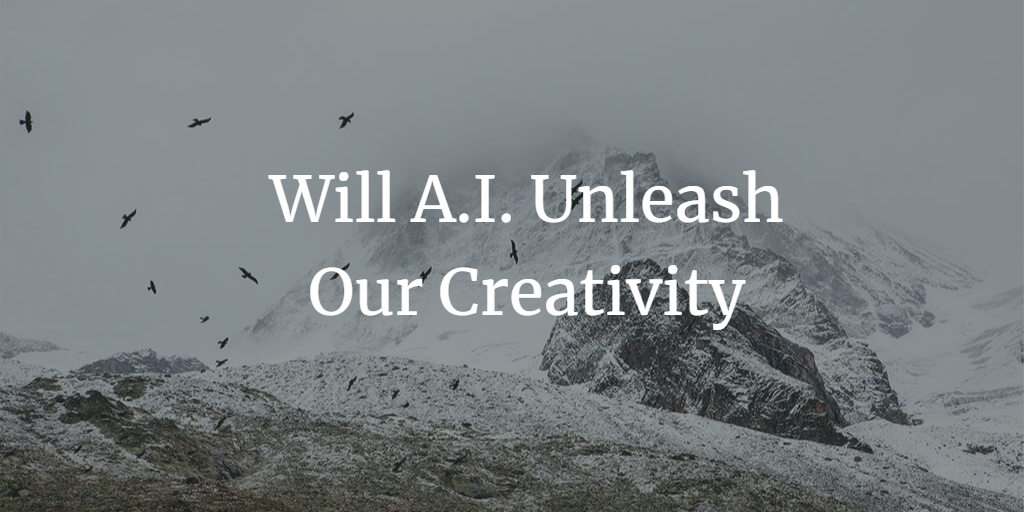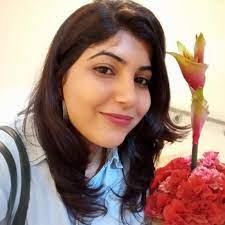Will A.I. Unleash Our Creativity or Crush it?

Table of Contents
Introduction: A.I. and Creativity
Pros of A.I. for Creativity
Cons of A.I. for Creativity
A.I. as a Collaborative Tool
The Future of A.I. and Creativity
Conclusion: Finding Balance
1. Introduction: A.I. and Creativity
As artificial intelligence (A.I.) continues to advance, its impact on various aspects of human life becomes increasingly significant. One area that has garnered much attention and debate is the relationship between A.I. and creativity. Will A.I. ultimately enhance human creativity, or will it diminish our creative potential? This article explores the pros and cons of A.I. in the realm of creativity and considers how we might strike a balance.
2. Pros of A.I. for Creativity
There are several ways in which A.I. can potentially foster human creativity:
Eliminating mundane tasks: By automating repetitive tasks, A.I. can free up time for humans to engage in more creative pursuits.
Data-driven insights: A.I. can analyze vast amounts of data, generating insights and suggestions that can inspire new ideas and creative solutions.
Collaborative potential: A.I. can act as a creative partner, providing suggestions, feedback, and even generating original content, which can then be refined by human creators.
Democratizing creativity: A.I. tools can make creative processes more accessible, enabling more people to participate in creative activities and generate new ideas.
3. Cons of A.I. for Creativity
Despite the potential benefits of A.I. for creativity, there are also several concerns:
Loss of originality: As A.I. becomes more prevalent, there is a risk that creative outputs will become homogenized and lose their uniqueness.
Over-reliance on A.I.: The ease of using A.I. tools may lead to a decline in human creative skills, as people become increasingly dependent on technology.
Devaluing human creativity: The availability of A.I.-generated content may lead to a reduced appreciation for human-created art, music, and other creative works.
Ethical concerns: The use of A.I. in creative fields raises questions about authorship, ownership, and the role of human agency in the creative process.
4. A.I. as a Collaborative Tool
One potential solution to the concerns surrounding A.I. and creativity is to view A.I. as a collaborative tool rather than a replacement for human creativity. In this model, A.I. serves to augment human creativity by providing support, inspiration, and assistance, while humans remain responsible for the overall creative vision and direction.
5. The Future of A.I. and Creativity
The future relationship between A.I. and creativity will likely depend on how we choose to integrate A.I. into creative fields. By focusing on collaboration and maintaining a healthy balance between human and machine input, we can harness the potential of A.I. to enhance creativity without diminishing human agency and originality.
6. Conclusion: Finding Balance
The debate surrounding A.I. and creativity is complex and multifaceted. While there are undoubtedly potential benefits to incorporating A.I. into creative fields, such as increased efficiency and accessibility, there are also legitimate concerns about the loss of originality and the devaluation of human creativity. The key to navigating this brave new world of A.I. and creativity lies in striking a balance between utilizing the power of A.I. as a collaborative tool and preserving the unique qualities of human-generated creativity. By doing so, we can ensure that A.I. serves to augment, rather than replace, the creative potential of humanity.


